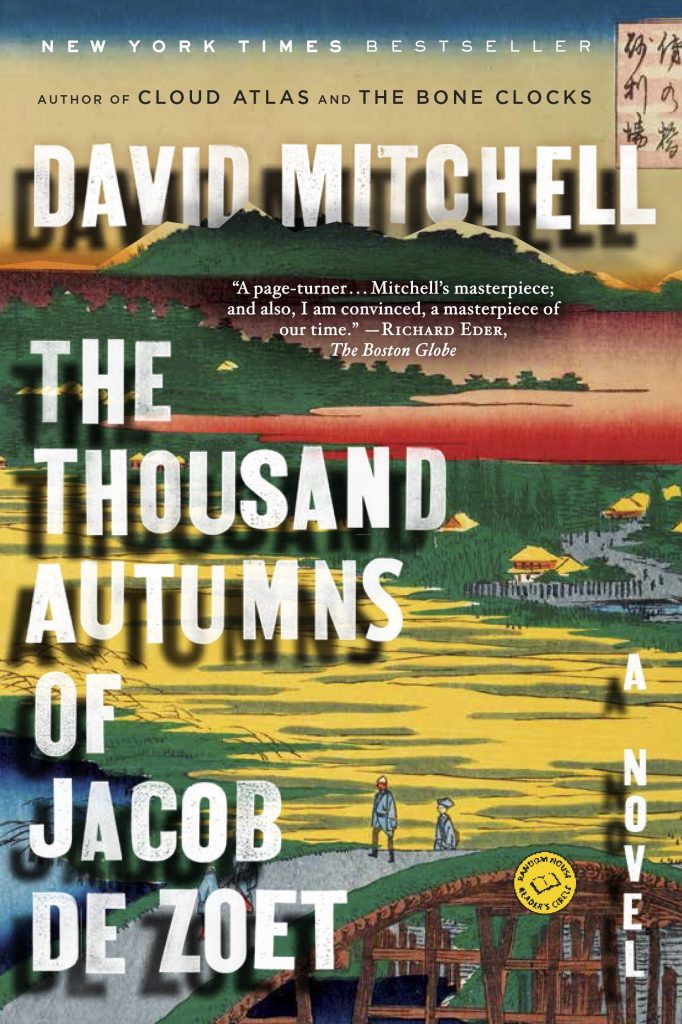So, as is our hallowed duty as a literary and culture website—though with full awareness of the potentially fruitless and endlessly contestable nature of the task—in the coming weeks, we’ll be taking a look at the best and most important (these being not always the same) books of the decade that was. We will do this, of course, by means of a variety of lists. We began with the best debut novels, the best short story collections, the best poetry collections, the best memoirs, the best essay collections, the best (other) nonfiction, and the best translated novels of the decade. We have now reached the eighth and most difficult list in our series: the very best novels written and published in English between 2010 and 2019.
You may be shocked to learn that we had a hard time deciding on 10. So, being captains of our own destiny, we decided we were allowed to pick 20 . . . plus almost that many dissents. We did not allow reissues, otherwise you had better believe this list would include The Last Samurai, Speedboat, and Who Was Changed and Who Was Dead, among a robust host of others. We also, for this list, discounted novels in translation, as they got their very own list last week, and including them would have necessitated a list twice as long. (My beloved Sweet Days of Discipline, certainly in the top ten novels I personally read this decade, is doubly ineligible, but luckily I also write these introductions.)
Now, for the last time: the following books were chosen after much debate (and several rounds of voting) by the Literary Hub staff. Tears were spilled, feelings were hurt, books were re-read. As ever, free to add any of your own favorites that we’ve missed in the comments below. (...)
***
DAVID MITCHELL, THE THOUSAND AUTUMNS OF JACOB DE ZOET (2010)
 It is easier to conjure the intellectual-literary atmosphere of an era when it is 30 years’ past than when it is a mere decade ago. It is hard to see 2010 right now, as we wait for time and the canon to true the lens, but I have a very clear sense-memory of revelation and exhilaration as I sped through David Mitchell’s epic-historical ghost story, The Thousand Autumns of Jacob de Zoet, wondering if the spirit of Robert Louis Stevenson had momentarily taken possession of Haruki Murakami. Here was a reminder that the world of a novel—in this case, a very detailed rendering of an 18th-century Dutch trading post in the port of Nagasaki—can be fuller, more vivid, than our own, that it can exist as a hothouse for the reader’s moral imagination.
It is easier to conjure the intellectual-literary atmosphere of an era when it is 30 years’ past than when it is a mere decade ago. It is hard to see 2010 right now, as we wait for time and the canon to true the lens, but I have a very clear sense-memory of revelation and exhilaration as I sped through David Mitchell’s epic-historical ghost story, The Thousand Autumns of Jacob de Zoet, wondering if the spirit of Robert Louis Stevenson had momentarily taken possession of Haruki Murakami. Here was a reminder that the world of a novel—in this case, a very detailed rendering of an 18th-century Dutch trading post in the port of Nagasaki—can be fuller, more vivid, than our own, that it can exist as a hothouse for the reader’s moral imagination.It is difficult to say what another 25 years will make of The Thousand Autumns of Jacob de Zoet. In the context of Mitchell’s more recent novels, and their space-operatic excesses, the plot of De Zoet seems worryingly baroque, show-offy, even. But it is clearly the work of the same writer who gave us the near-perfect coming-of-age novel, Black Swan Green, its language similarly precise and unexpected, all in aid of a story that seems somehow to tell itself, a true history that never quite happened.
by Emily Temple/LitHub Staff, LitHub | Read more:
Image: Random House
[ed. As with any list of this type it would be hard to agree with all the selections (for example, A Visit From the Goon Squad left almost no impression on me), but some definitely deserve to be included, while others inexplicably excluded (The Goldfinch (Tartt), Telegraph Avenue (Chabon), Orphan Master's Son (Johnson), All the Light We Cannot See (Doerr), Preparation for the Next Life (Lish), etc.). But, back to the list. Of the ones I've read, I can recommend The Thousand Autumns of Jacob De Zoet, Outline, The Sympathizer, and, maybe Underground Railroad.]